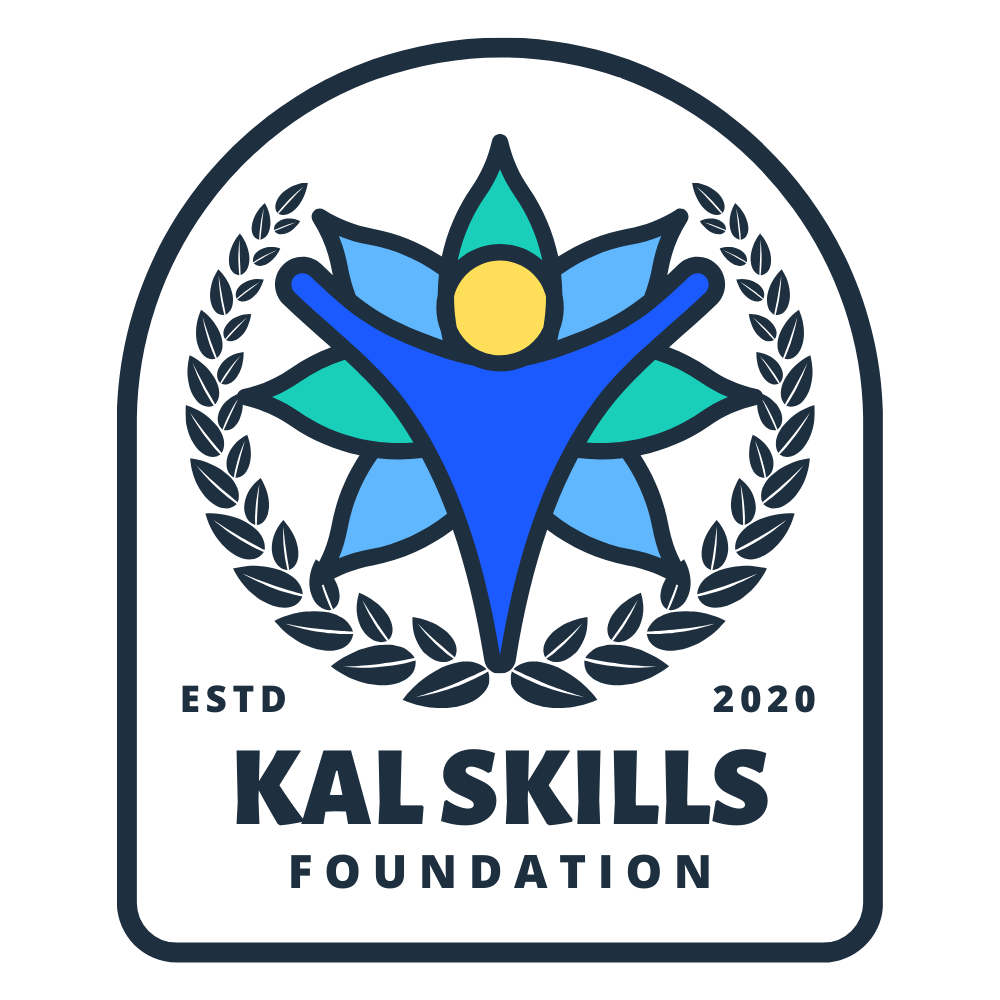Emotional Intelligence (EI) plays a crucial role in our personal and professional growth. It is the ability to recognize, understand, and manage our own emotions, as well as the emotions of others. In today’s fast-paced world, where success is not solely measured by intellectual abilities, EI has emerged as a key factor in achieving holistic development.
The Importance of Emotional Intelligence in Personal Growth
Emotional intelligence is essential for personal growth as it enables individuals to navigate through life’s challenges with resilience and adaptability. When we have a high level of emotional intelligence, we are better equipped to handle stress, build and maintain healthy relationships, and make sound decisions. By understanding and managing our own emotions, we can effectively communicate our needs, set boundaries, and pursue our goals with confidence.
Furthermore, emotional intelligence allows us to empathize with others, fostering deeper connections and promoting a sense of compassion and understanding. This ability to relate to others on an emotional level not only strengthens our relationships but also enhances our ability to collaborate and work effectively in teams.
The Role of Emotional Intelligence in Professional Growth
In the professional realm, emotional intelligence is highly valued by employers and is often considered a critical skill for success. While technical expertise and knowledge are important, it is emotional intelligence that sets individuals apart in the workplace.
Effective leadership requires the ability to inspire and motivate others, and emotional intelligence plays a vital role in this. Leaders who possess high emotional intelligence can understand the needs and concerns of their team members, provide support and guidance, and create a positive work environment. They are skilled at managing conflicts and resolving issues, which contributes to a harmonious and productive workplace.
Additionally, emotional intelligence is closely linked to effective communication skills. Being able to express oneself clearly and listen actively are key components of successful communication. Individuals with high emotional intelligence are adept at understanding non-verbal cues, such as body language and facial expressions, which enables them to respond appropriately and build rapport with others.
Moreover, emotional intelligence is crucial in decision-making. By considering and managing emotions, individuals can make more balanced and informed choices. They can weigh the impact of their decisions on themselves and others, and take into account the emotional well-being of those involved.
Developing Emotional Intelligence
Fortunately, emotional intelligence is not a fixed trait and can be developed and enhanced over time. Self-awareness is the first step towards improving emotional intelligence. This involves recognizing and understanding our own emotions, as well as the impact they have on our thoughts and behavior.
Self-management is another aspect of emotional intelligence that can be cultivated. This involves regulating our emotions, controlling impulsive reactions, and finding healthy ways to cope with stress and challenges. Developing empathy is also important, as it allows us to understand and connect with the emotions of others, fostering stronger relationships and effective communication.
Finally, social skills play a crucial role in emotional intelligence. Building and maintaining healthy relationships, resolving conflicts, and working collaboratively are all skills that can be developed through practice and self-reflection.
In conclusion, emotional intelligence is a vital component of personal and professional growth. By developing and enhancing our emotional intelligence, we can navigate through life’s challenges with resilience, build meaningful relationships, and thrive in the workplace. It is a skill that can be cultivated and nurtured, leading to a more fulfilling and successful life.
5. Motivation
Motivation is another important component of Emotional Intelligence. It refers to the ability to set goals, take initiative, and persevere in the face of challenges. Motivated individuals are driven by a sense of purpose and are more likely to achieve their objectives. They are also able to inspire and motivate others, creating a positive and productive work environment.
6. Empathy
Empathy is the ability to understand and share the feelings of others. It involves being able to put yourself in someone else’s shoes and see things from their perspective. Empathetic individuals are able to connect with others on a deeper level, showing compassion and support. This skill is particularly important in leadership roles, as it allows leaders to understand the needs and concerns of their team members.
7. Emotional Awareness
Emotional awareness refers to the ability to recognize and understand our own emotions as well as the emotions of others. It involves being able to accurately identify and label different emotions, both in ourselves and in others. This skill allows us to better navigate social situations, respond appropriately, and build stronger relationships.
8. Conflict Resolution
Conflict resolution is the ability to manage and resolve conflicts in a constructive manner. It involves being able to listen actively, understand different perspectives, and find mutually beneficial solutions. Individuals with strong conflict resolution skills are able to de-escalate tense situations, promote understanding, and maintain positive relationships.
9. Resilience
Resilience is the ability to bounce back from setbacks and adversity. It involves being able to cope with stress, adapt to change, and maintain a positive outlook. Resilient individuals are able to persevere in the face of challenges, learn from their experiences, and grow stronger as a result. This skill is particularly important in today’s fast-paced and unpredictable world.
10. Self-Expression
Self-expression is the ability to effectively communicate our thoughts, feelings, and needs. It involves being able to express ourselves in a clear and assertive manner, while also being respectful of others. Individuals with strong self-expression skills are able to advocate for themselves, set boundaries, and build authentic connections with others.
By developing and honing these components of Emotional Intelligence, we can enhance our overall emotional well-being and improve our relationships, both personally and professionally. These skills are not only valuable in our interactions with others, but also in how we navigate our own internal landscape. Emotional Intelligence is a lifelong journey of self-discovery and growth, and by investing in these skills, we can lead more fulfilling and meaningful lives.
11. Increased Self-Awareness
One of the fundamental aspects of Emotional Intelligence is self-awareness. When we develop our EI, we become more attuned to our own emotions, thoughts, and behaviors. This heightened self-awareness allows us to recognize our strengths and weaknesses, understand our triggers, and take proactive steps to manage our emotions effectively.
With increased self-awareness, we can also develop a better understanding of our own values, beliefs, and motivations. This self-reflection helps us align our actions with our core principles and live a more authentic and purposeful life.
12. Improved Stress Management
In today’s fast-paced and demanding world, stress has become a common occurrence. Developing Emotional Intelligence equips us with the tools to manage stress more effectively. When we have a high level of EI, we can identify the sources of our stress, regulate our emotions, and implement healthy coping mechanisms.
By practicing self-care, setting boundaries, and engaging in activities that promote relaxation and well-being, we can reduce the negative impact of stress on our mental and physical health. This, in turn, leads to increased resilience and a greater ability to navigate challenges with grace and composure.
13. Enhanced Leadership Skills
Leadership is not just about managing tasks and directing others; it also requires the ability to inspire and motivate people. Emotional Intelligence plays a crucial role in effective leadership.
When leaders have a high level of EI, they can understand and empathize with the emotions of their team members. This empathy allows them to create a positive and supportive work environment, where individuals feel valued and motivated to perform at their best.
Additionally, leaders with developed EI can effectively manage conflicts, provide constructive feedback, and make decisions that consider the emotional well-being of their team members. These qualities contribute to building trust, fostering collaboration, and achieving organizational success.





